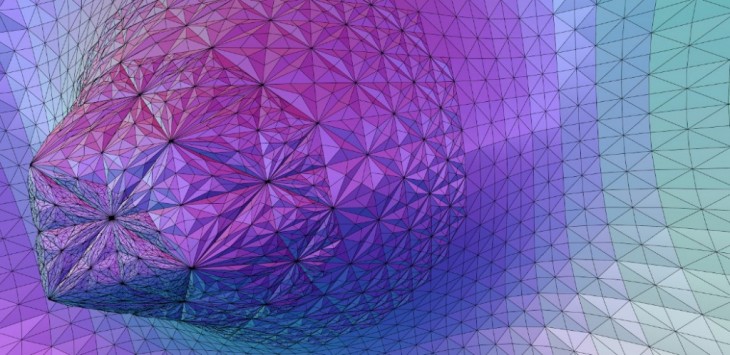Master in City & Technology 2019/20- Term I
Seminar Name: Computational Design I
Total Hours: 20 hours
Faculty: Rodrigo Aguirre
“Algorithmic computation is not simply an abstract mathematical tool but constitutes a mode of thought in its own right, in that its operation extends into forms of abstraction that lie beyond direct human cognition and control.”
Parisi, Luciana. Contagious Architecture: Computation, Aesthetics, and Space.
Cambridge: MIT, 2013. Print.

In computer science, algorithms are habitually defined as fixed and often finite procedures of step-by-step instructions understood to produce something other than themselves. Structures of logics interfacing with Data, sourced from any computable phenomena.
In this course we’ll focus on emergent design strategies based on algorithmic design logics.
From the physical spaces of our built environment to the networked spaces of digital culture, algorithmic and computational strategies are reshaping not only design strategies but the entire perception of Architecture and its boundaries.
Main tool of the course will be McNeel’s Rhinoceros v5 and Grasshopper 3d. The adoption of Rhino as the main 3D tool is due to its ability to interface with many different file formats. In many ways Rhino will act as the bridge between many applications, 3D and 2D alike. As a complementary tool for Rhino we’ll focus on the associative design platform of Grasshopper3d, a graphical algorithm editor tightly integrated with Rhino’s 3-D modeling tools. Unlike RhinoScript, Grasshopper requires no knowledge of programming or scripting, but still allows designers to build form generators.
During the course we will adopt various plugins implementing Grasshopper’s features and capabilities, in order to achieve full control of complex design strategies. In order, to give the MaCT students the right tools for urban data visualisation, this course will be focused on plug-ins that serve exactly that purpose, such as GHowl, Meerkat and Elk among many others.
Technical Requirements:
Because Grasshopper 3D is only currently available for the Windows operating system, every student is required to have an installation of Windows (preferable Windows 7 x64). If you have an Apple computer, it is recommended that you install Windows on Boot Camp which will perform better than Parallels or VMWare. It is recommended that you max out the RAM potential on your computer.
My specifications: Apple MacBook Pro 13” (2009), 2.26GHz Intel Core Duo, 8GB RAM, OS X Mountain Lion, Windows 7 Professional x64.